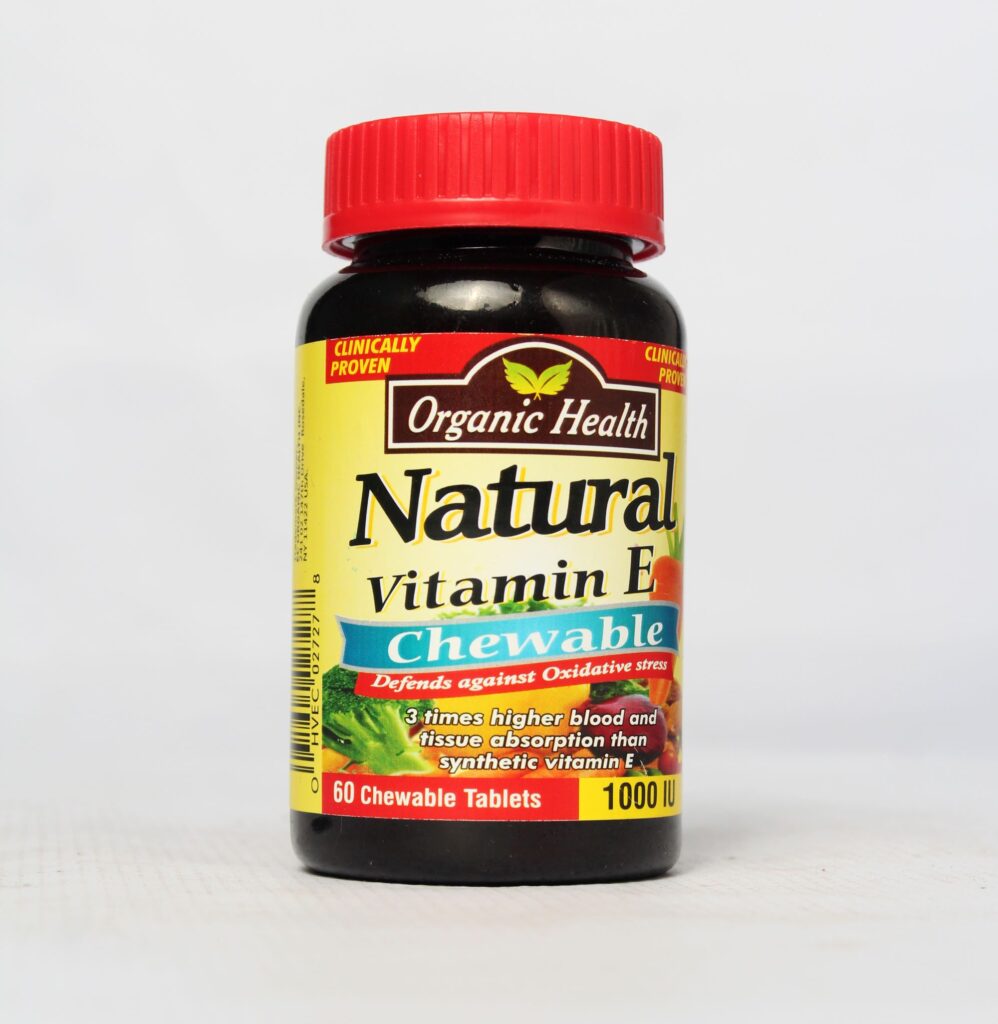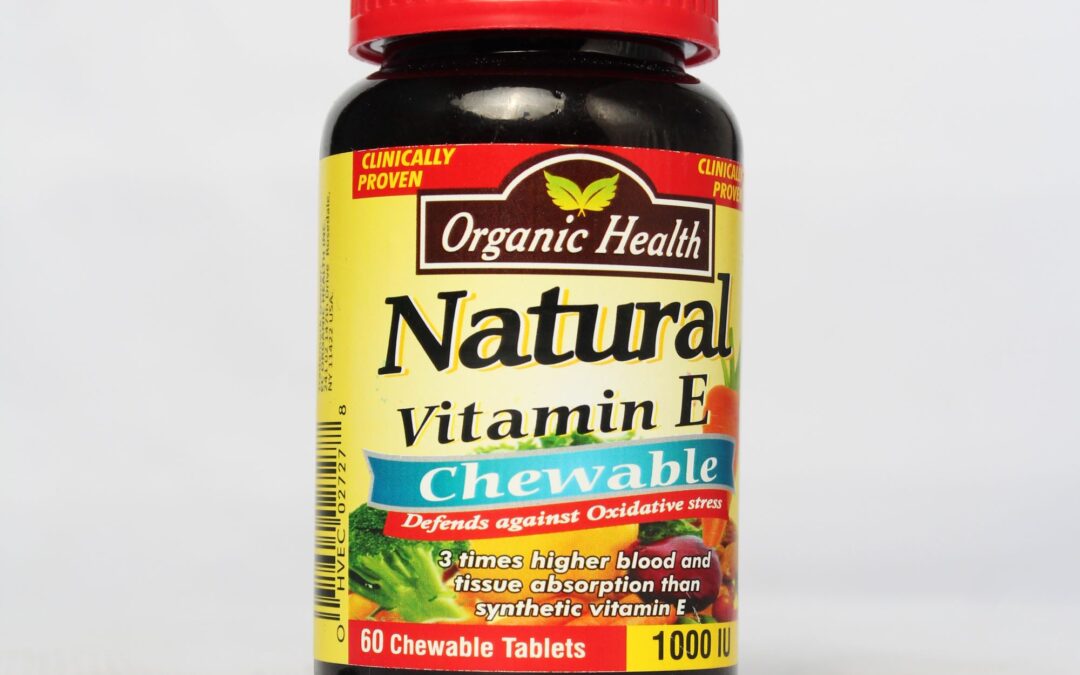Vitamin E is a nutrient that your body needs for many functions, including supporting your immune system, cell health, and skin health. It is also an antioxidant, which means it can protect your cells from the damage caused by free radicals. Free radicals are unstable molecules that can harm your DNA and cause inflammation, ageing, and diseases.
One of the main sources of free radicals is the sun. Ultraviolet (UV) rays from the sun can damage your skin and cause sunburn, wrinkles, dark spots, and skin cancer. This is especially true for people with dark skin, who have more melanin in their skin. Melanin is a pigment that gives your skin its colour and protects it from some UV rays. However, melanin is not enough to prevent all the harmful effects of the sun. You still need to use sunscreen and other protective measures to keep your skin healthy and beautiful.
One of the ways you can protect your skin from the sun is by using vitamin E. Vitamin E can help reduce the damage caused by UV rays and prevent some of the signs of ageing. It can also moisturize your skin and make it softer and smoother. Vitamin E can also help heal wounds and scars, as it can stimulate the growth of new skin cells and improve blood circulation.
How to Use Vitamin E for Your Skin
There are different ways you can use vitamin E for your skin health. You can get it from your diet, supplements, or topical products.
Diet
Some of the foods that are rich in vitamin E are:
- Nuts and seeds, such as almonds, sunflower seeds, and hazelnuts.
- Vegetable oils, such as sunflower, wheat germ, and safflower oil.
- Green leafy vegetables, such as spinach and broccoli.
- Seafood, such as salmon and abalone.
- Fruits, such as tomatoes and avocados.
You can also find vitamin E in some fortified foods, such as cereals, juices, and margarines. The recommended daily intake of vitamin E for adults is 15 milligrams (mg). However, some people may need more or less depending on their age, health condition, and lifestyle.
Supplements
If you are not getting enough vitamin E from your diet, you can take supplements to boost your intake. You can find vitamin E supplements in the form of capsules, tablets, or liquids. However, you should be careful not to take too much vitamin E, as it can cause side effects such as nausea, diarrhoea, bleeding, and headaches. The upper limit of vitamin E for adults is 1,000 mg per day. You should also consult your doctor before taking any supplements, especially if you have any medical conditions or are taking any medications.

Topical Products
Another way to use vitamin E for your skin is by applying it directly to your skin. You can find vitamin E in many skin care products, such as creams, lotions, oils, and serums. These products can help moisturize your skin, prevent dryness, and reduce inflammation. They can also help fade scars, dark spots, and stretch marks. However, not all vitamin E products are created equal. You should look for products that contain natural vitamin E, which is more potent and effective than synthetic vitamin E. You should also check the ingredients list and avoid products that contain alcohol, fragrances, or other chemicals that can irritate your skin. You should also do a patch test before using any new product, as some people may be allergic to vitamin E or other ingredients.
In conclusion, vitamin E is a wonderful nutrient for your skin, especially if you have dark skin. It can shield your skin from the sun’s harmful rays, slow down the ageing process, hydrate your skin, and repair wounds and scars. You can obtain vitamin E from various sources, such as food, supplements, or skin care products. However, you should be mindful of the dosage, as excess vitamin E can have adverse effects. You should also seek medical advice before taking any supplements or using any new products. By using vitamin E wisely, you can enhance your skin health and appearance, and achieve a glowing and radiant complexion.

 We use cookies to ensure that we give you the best experience on our website. If you continue to use this site we will assume that you are happy with it.
We use cookies to ensure that we give you the best experience on our website. If you continue to use this site we will assume that you are happy with it.